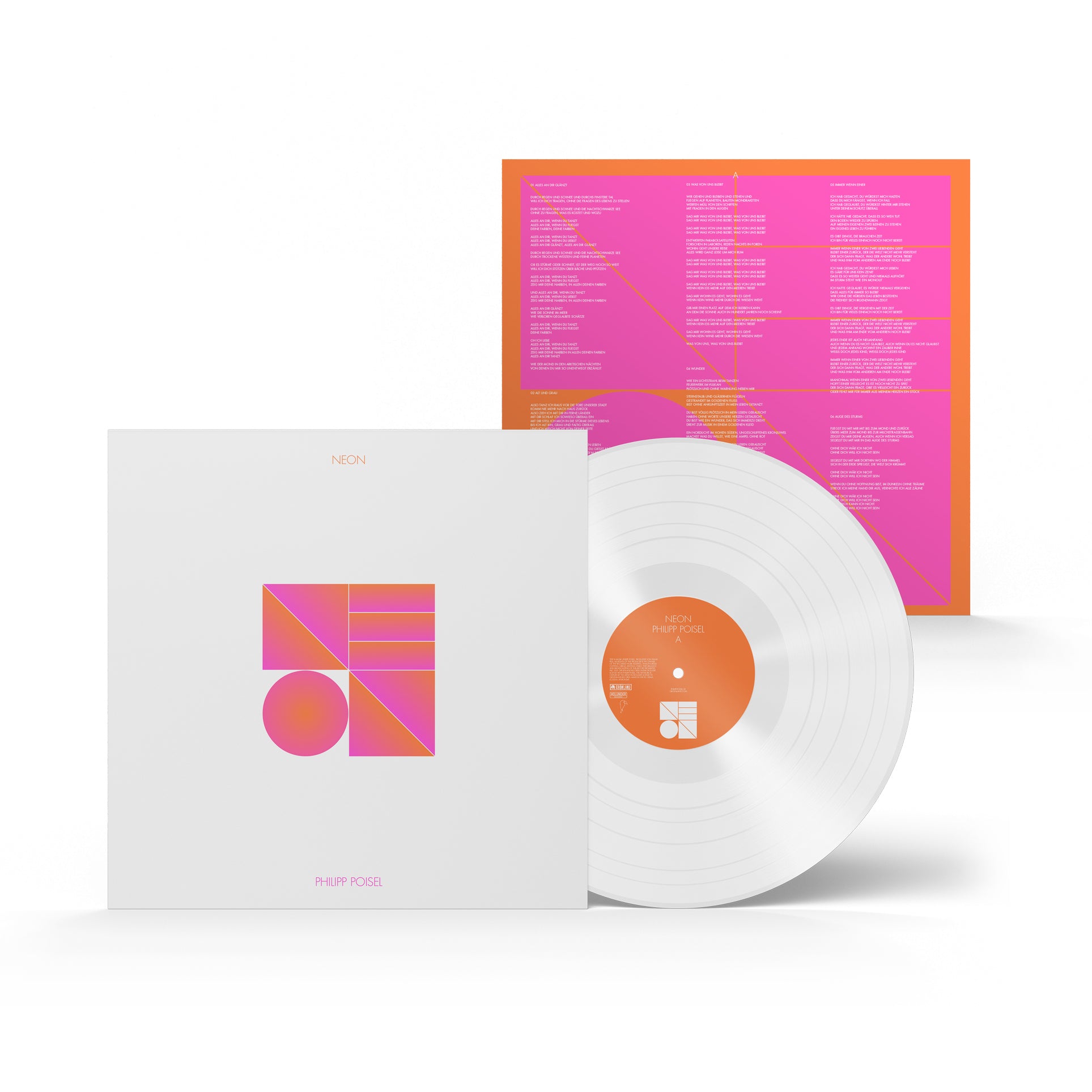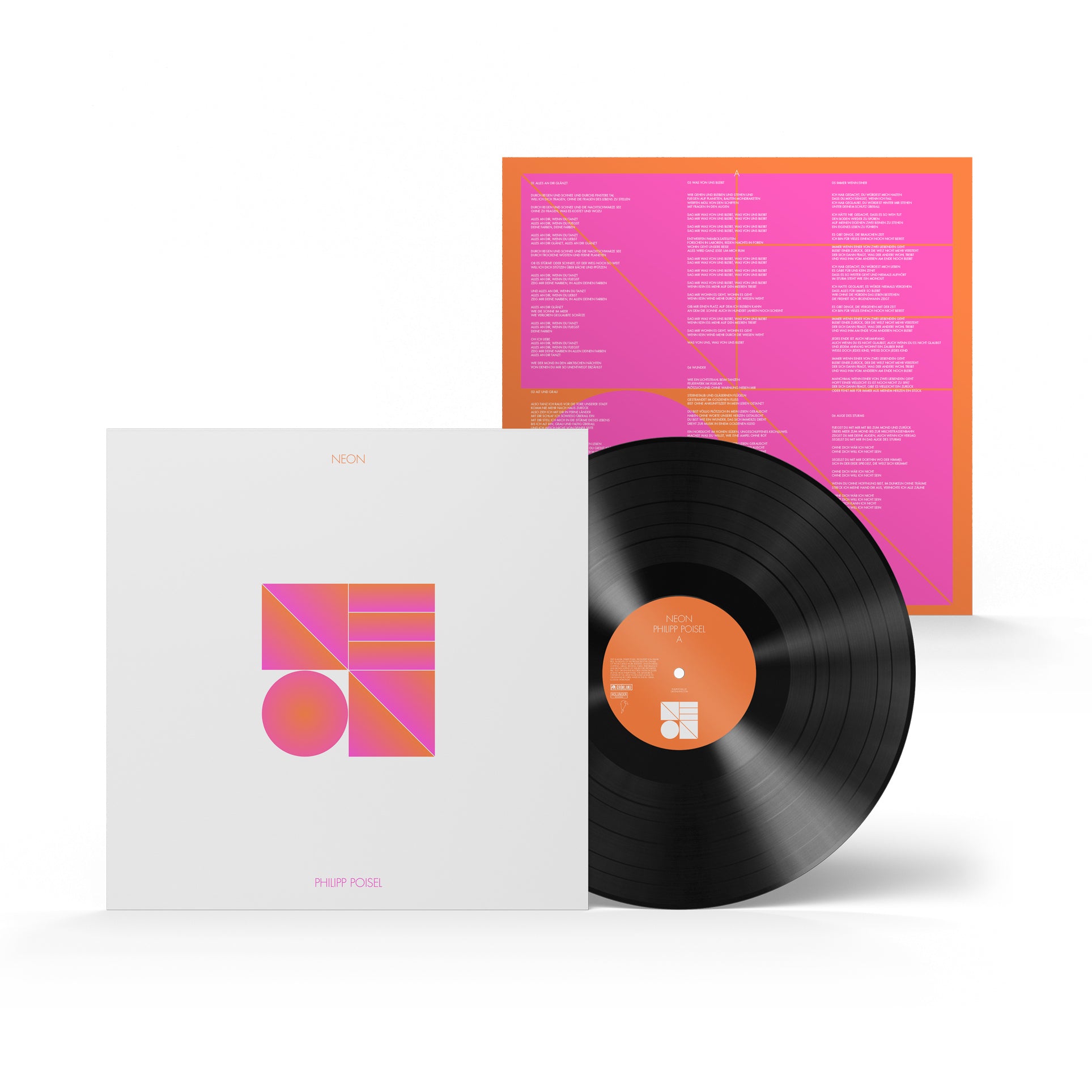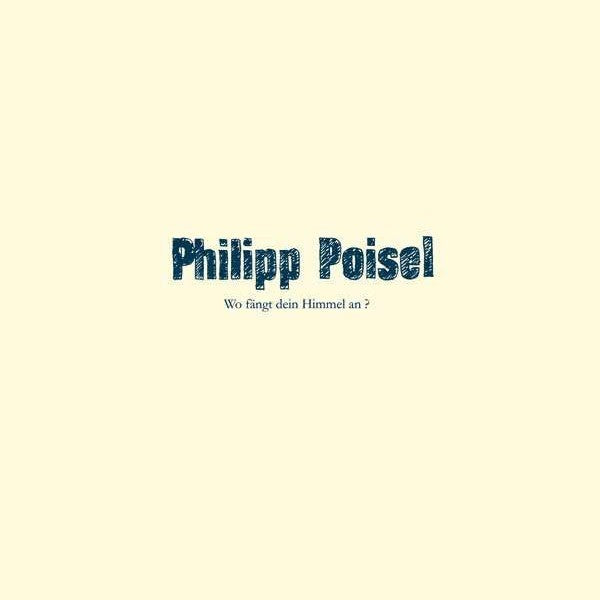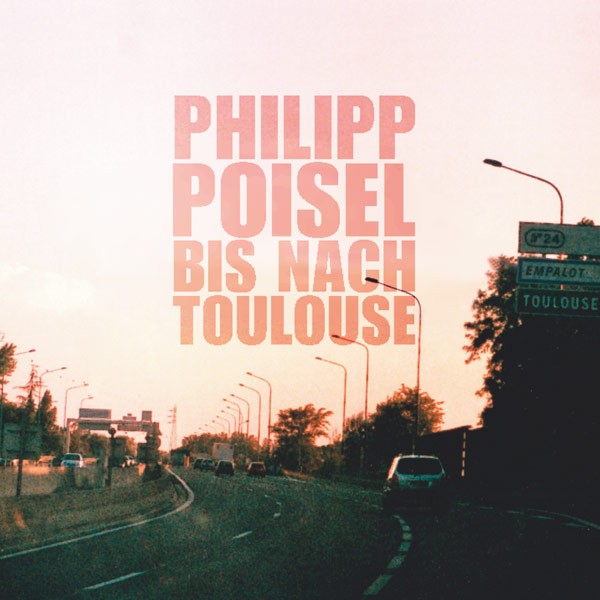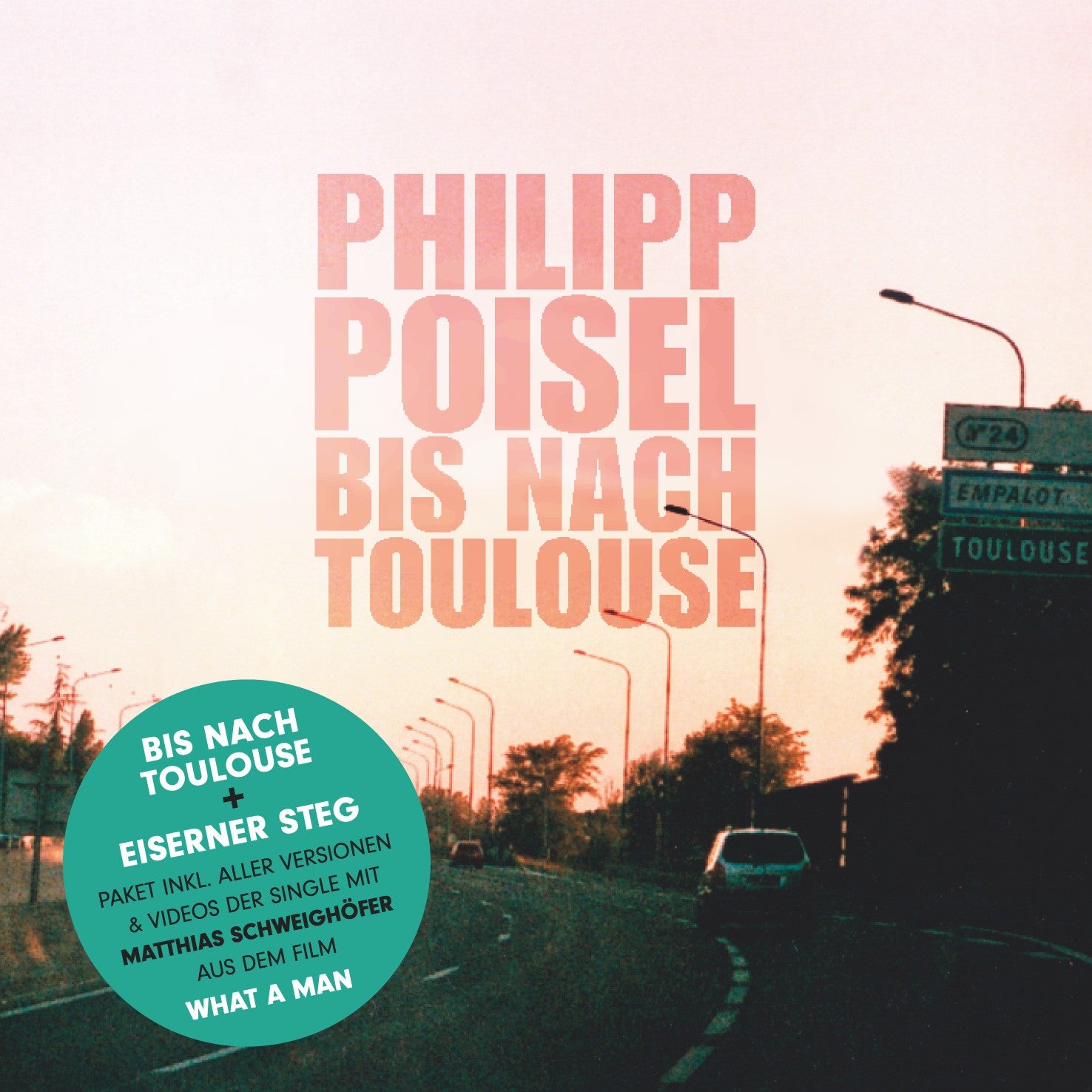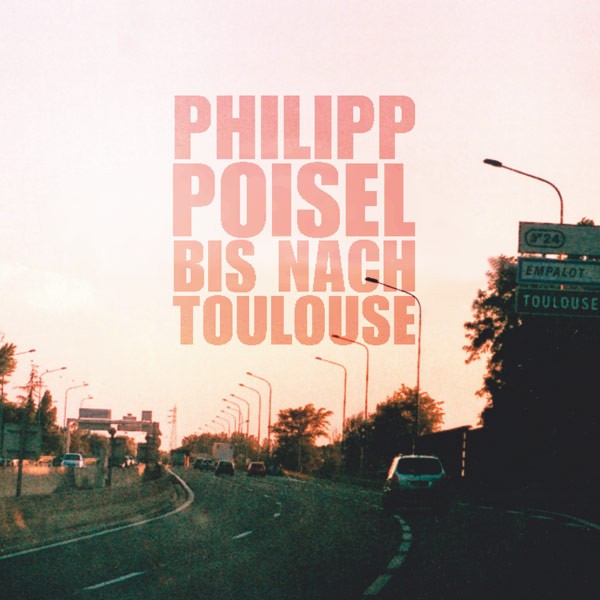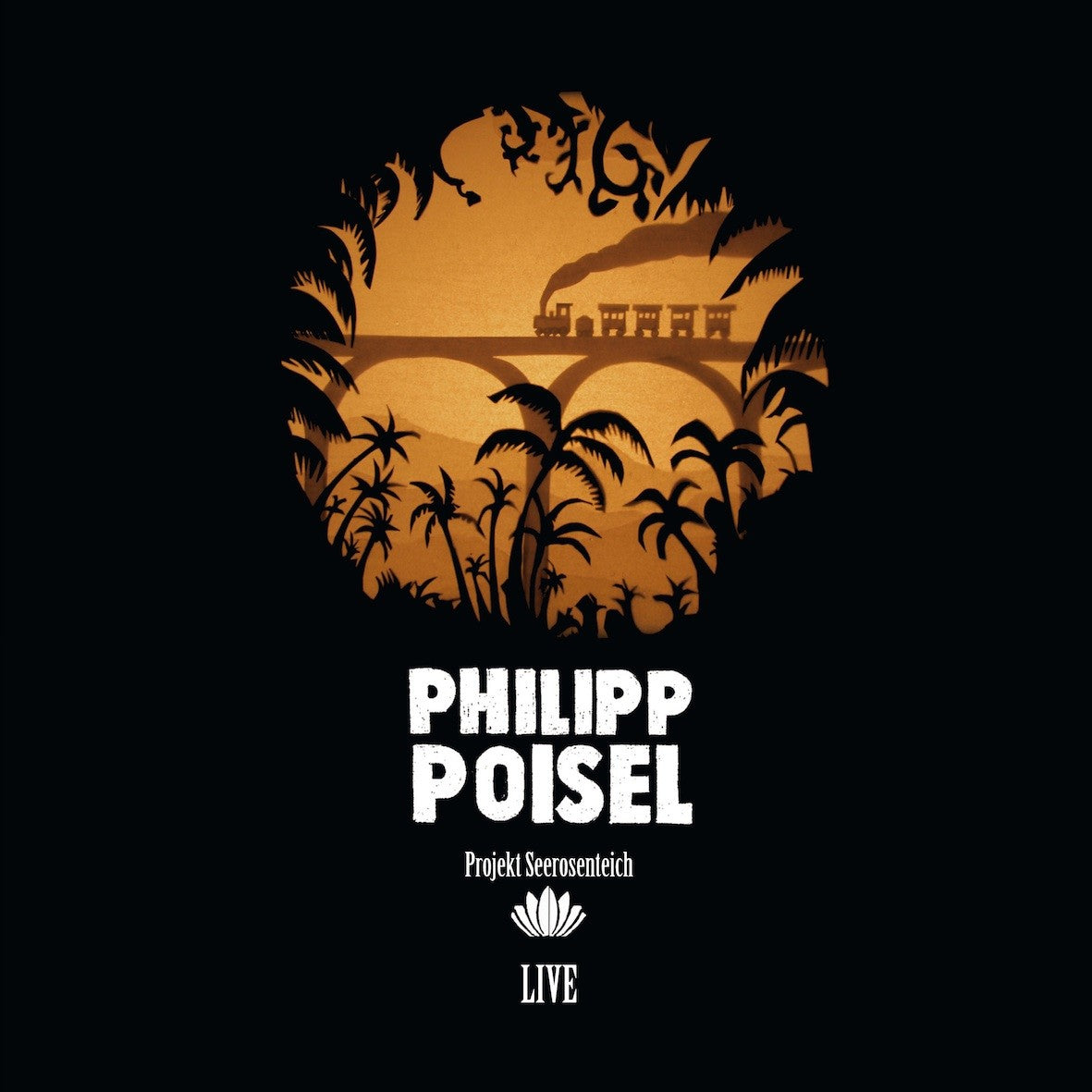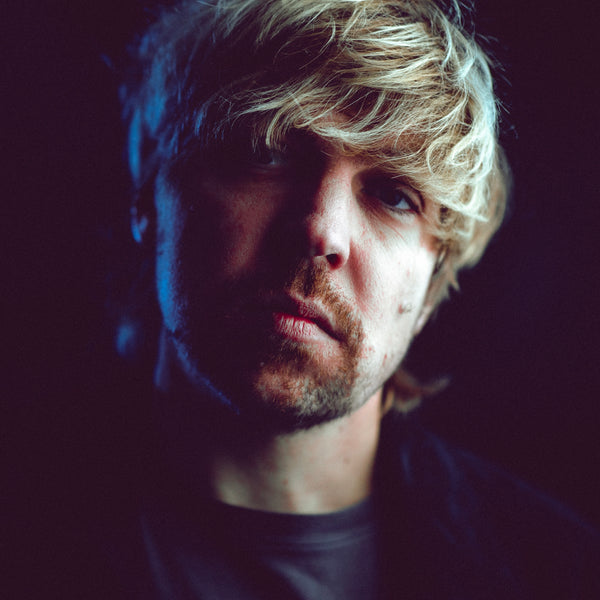
WEBSITE
Philipp Poisel
With magical intimacy and musical breadth, Philipp Poisel creates a unique connection that appeals to a wide audience. His music is a masterpiece of fantasy that provides deep insights into his personality.
If there is one thing that unites the four studio albums that Philipp Poisel has released since 2008, it is their warmth, which always manages to capture the tension between musical breadth and narrative intimacy that has always characterized his work. Like no other German musician of the new millennium, the songwriter manages the balancing act of illuminating a speck of dust and simultaneously speaking to thousands of fans. One feels that exactlyhimto listen, not to a pop-industrial shell, but to a real person - and to find yourself there, to know that you are understood and being told the story, perhaps even to discover an accomplice in your own perception of the world. But why is that? If one were to formulate the aspect of this mysterious uniqueness in an (admittedly somewhat) kitschy, pathetic question, it could be: Why does Philipp Poisel's orchestral minnesang touch both the people searching for hymns on the airwaves of youthful pop radio, the lighter-wavers on stadium concert tours who have been going through everyday life with his pieces for 13 years or are rediscovering them, and the somewhat dusty vinyl connoisseurs who sit pensively in their headphones with their eyes closed while they hum along wistfully to his poetry? Or to put it another way and to put it more specifically: How does Philipp Poisel manage to get the guests, who are sometimes demanding in their listening habits, to go along with him with the same songs at the Haldern Pop Festival, while at the same time regularly being featured prominently in the commercial casting and talent shows of private broadcasters? Last attempt: How can you swim on the surface and dive into the deepest depths at the same time? The answer is, oh wonder, in the work behind which the swimming diver likes to hide. We don't know that much about Philipp Poisel...
What is certain is that it always goes on, with the same intensity, between exuberance and heaviness. Poisel's musical versatility, which despite the constants described above always makes his music a varied journey, has brought him to a new place with "Neon". A place that deserves a little explanation..»Neon« is perhaps the key to his poetry. Or at least a skeleton key. Bright in the centre, but then always in diffused outcrops towards darkness, the light of this album gropes its way into the distance between euphoria and melancholy, to feel out what is still unrecognisable. Philipp himself calls this a "sinking in" - a dive into another time, into memories, while at the same time looking into the future. And for him, that is what the motif »Neon« represents. The medium for this is the imagination, to which he feels almost humble gratitude, as it allows him to move into other spheres. Also or precisely because, like everyone else over the last two years, he spent most of the time in his homeland during the creation process: while »Mein Amerika« from 2017 was still a record in which he specifically travelled to the place of longing that gave the album its title, on »Neon« he dreams of leaving the provinces, into the past and the future. Humans are also able to travel long distances between times. It turns out that "Neon" is a milestone of the imagination.
Philipp says that the songs on his fourth studio album have given him access to parts of his personality that are otherwise often hidden from him, which is clear considering the sometimes magnifying glass-like proximity of his lyrics. He only discovers much of what is in his music in retrospect, and often feels that his songs are wiser than they are. "What Remains of Us" is one such case, where he was initially concerned with the relationship between two people and then, with some distance, he realized: The song is about two people, yes, but it is also about their relationship against the backdrop of the climate catastrophe that is changing all of our lives. The result is a song that has unusual political overtones - without becoming rigid in its clarity.
This principle of illuminating a relationship level and then letting the surroundings emerge in the song as if by themselves is a feature of his entire work: there are always people around whom cinematic landscapes grow, with diverse abstractions of being in love - and then suddenly the Lángos that you share on the curb on a summer night. The music tells the story of what he has experienced, it is Poisel's way of saying things that revolve around interpersonal relationships. He needs it to talk about his feelings. Just as about his hopes and longings. As if by magic, an intensity arises that is hard to escape. Bright like neon light, as a counterpoint to the darkness.
(Hendrik Otremba, 2021)




